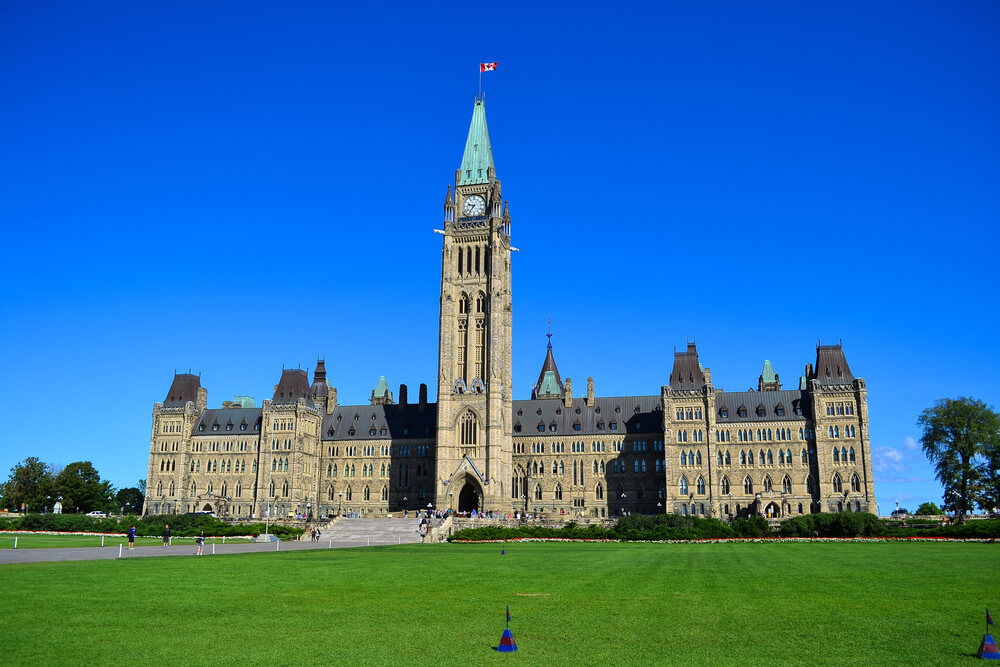So, you want to run for politics, but you are worried about the financial costs of taking time off work to campaign. Do you have a “political campaign emergency fund” set up? Probably not.
Most of us don’t have access to the kind of money necessary to mount a political campaign, never mind the kind of money required to take several weeks off work to campaign.
In the winter of 2021, the provincial election in Newfoundland and Labrador was slated to be the shortest campaign ever at 28 days — but because of COVID-19 factors, it ended up being the longest campaign in the history of the province — over eight weeks long. This left many candidates in a financial bind and underscored the uneven playing field at the heart of electoral politics.
Some candidates returned to work and stopped actively campaigning in order to pay the bills, while others continued to campaign but suffered financially. Some may not have been allowed to return to their jobs until the campaign was over. Incumbents, on the other hand, continued to draw their salary throughout, giving them a marked advantage.
This is one of the ways in which the political system continues to replicate pre-existing power dynamics; the types of people most able to take time off work to run for politics are the same types of people who are already in politics.
Money should not bar potential political candidates from running for office, but it is a significant factor in Canadian politics at all levels of government. The rules of the game affect both how we play the game and who plays in the first place. It’s time we made these rules more equitable.
Research shows that women, racialized candidates, immigrants, Indigenous candidates, and candidates with disabilities, have less access to money to mount a political campaign than others. These groups are more likely to have lower paying jobs than white men, and they are less likely to be part of affluent social networks — they have fewer “friends with money,” making it harder to fundraise.
When marginalized groups do run, it is harder for them to win, because the amount of money available to them affects how likely they are to succeed on election day.
How can we make the rules more equitable?
In the United States, groups like EMILY’s List seek to fund the campaigns of women who run. The acronym stands for Early Money Is Like Yeast, because early donations grow and help the candidate gain momentum and are more effective than late-stage campaign donations.
We don’t have a program like this in Canada because campaign finance rules prevent it.
Canada’s Equal Voice, whose mandate is to get more women elected to government, can spend money on support for training and networking, but they cannot donate money to individual candidates or campaigns because of the finance restrictions placed on non-union, third-party organizations.
Fundraising rules for political campaigns are complicated and vary across the country but often systemically make it harder for women and other minority groups to campaign.
In some regions, for example, political parties and district associations can fundraise year-round, but candidates cannot until after the writ is dropped. This is a clear barrier for women and other traditionally marginalized groups, who may need more time to raise funds, given the lack of access to affluent institutionalized social networks.
Campaign rules generally also prevent income replacement for candidates who can’t afford time off work to campaign, and do not make it possible to pay for childcare fees incurred during a campaign.
Too often we stack the deck in favour of incumbents. In many regions, candidates with a particular threshold of the popular vote are eligible to have significant campaign expenses covered by tax dollars.
Because we are stuck in old ways of thinking, we’re left with the same old guys we always have.
If we want to widen the candidate pool, non-traditional candidates need more access to money: money to finance the actual campaign, but also money to replace lost income, to cover childcare, and other related expenses that will come up as a result of the decision to stand for office.
Parties can and should do more: they have the power to fix a lot of this themselves.
But it’s also time for campaign finance reform across the country. If we want to change the players, we need to change the rules of the game.
Photo courtesy of Deposit Photos




